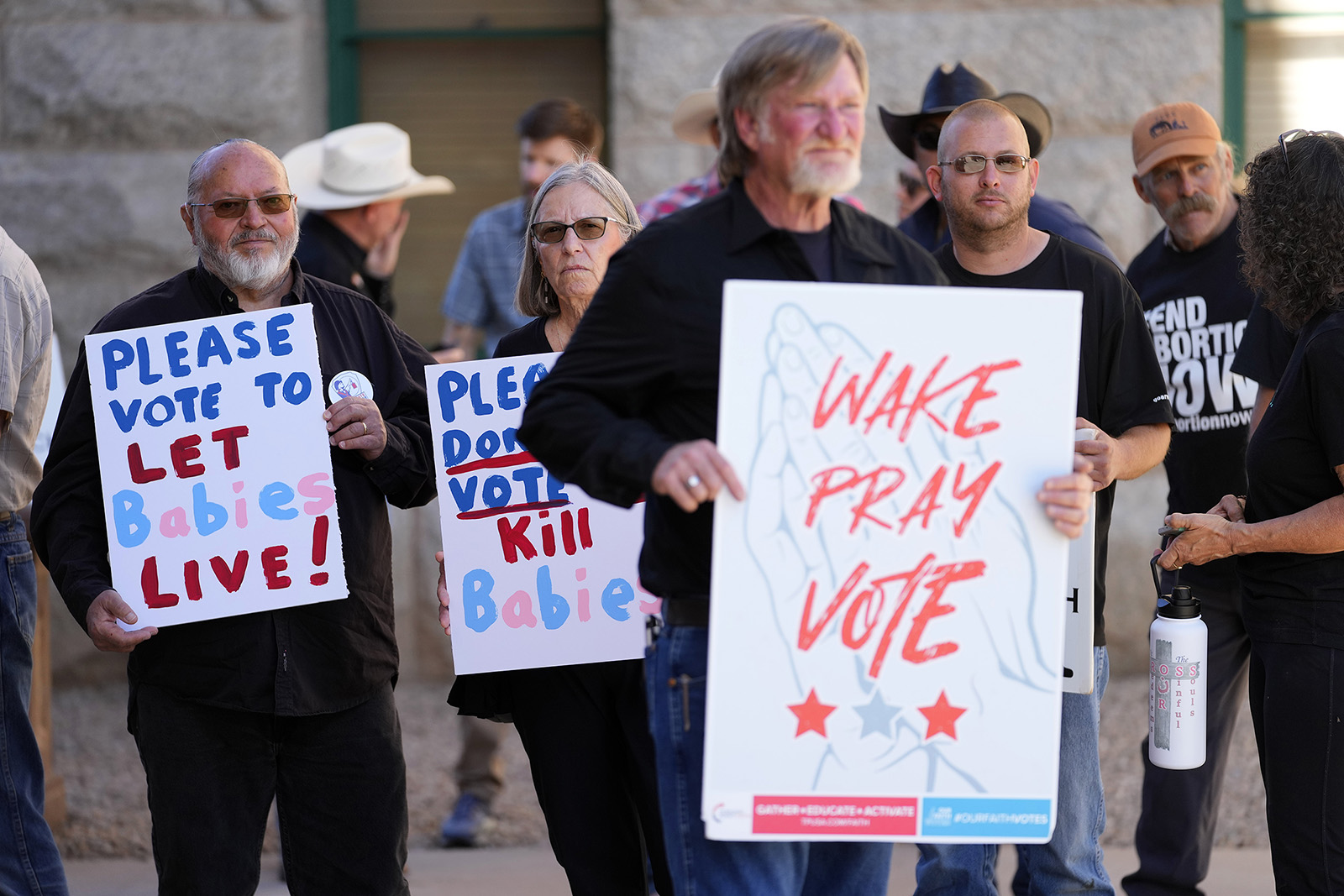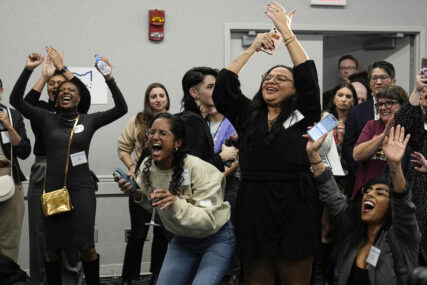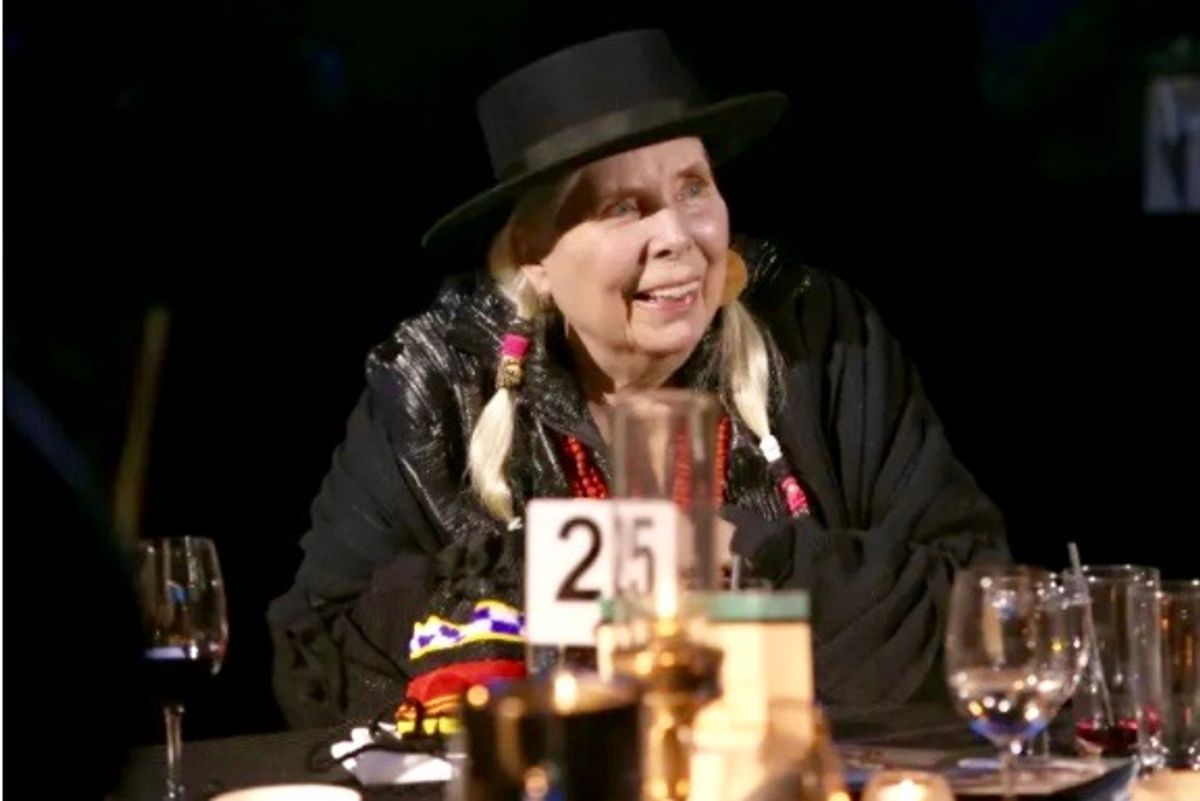Havana (AFP) – Hurricane Oscar left six people dead after hitting Cuba over the weekend during a major power blackout, authorities said Monday, as electricity was restored to most of the capital.

Havana is plunged into darkness after Cuba's power grid breaks down © YAMIL LAGE / AFP
The lights went out for the Communist-run country's 10 million people on Friday after the collapse of the nation's largest power plant crippled the whole grid.
By Monday afternoon, nearly 90 percent of customers in Havana -- home to some two million people -- had power again, the capital's electricity company said in a report published by state-run news portal Cubadebate.
"Of course I'm happy!" Olga Gomez, a 59-year-old housewife in Havana, said after the lights came back on.
"I have an elderly senile mother of 85 and an autistic son. It's very difficult when there's no power," she told AFP.
Many residents outside Havana, however, remained without electricity, according to the authorities.
Cuba was still bathed in darkness on Sunday when Hurricane Oscar made landfall in the eastern part of the country as a Category 1 storm, causing several deaths and damage.
"Regrettably, according to preliminary information, six lives have been lost," President Miguel Diaz-Canel said in a televised remarks.
The storm caused severe damage in the eastern province of Guantanamo, he said.
Oscar weakened into a tropical storm as it moved inland but was still expected to bring "significant, life-threatening flash flooding along with mudslides," the US National Hurricane Center warned.
Roofs and the walls of houses were damaged, and electricity poles and trees felled, state television reported.
The lights went out for the Communist-run country's 10 million people on Friday after the collapse of the nation's largest power plant crippled the whole grid.
By Monday afternoon, nearly 90 percent of customers in Havana -- home to some two million people -- had power again, the capital's electricity company said in a report published by state-run news portal Cubadebate.
"Of course I'm happy!" Olga Gomez, a 59-year-old housewife in Havana, said after the lights came back on.
"I have an elderly senile mother of 85 and an autistic son. It's very difficult when there's no power," she told AFP.
Many residents outside Havana, however, remained without electricity, according to the authorities.
Cuba was still bathed in darkness on Sunday when Hurricane Oscar made landfall in the eastern part of the country as a Category 1 storm, causing several deaths and damage.
"Regrettably, according to preliminary information, six lives have been lost," President Miguel Diaz-Canel said in a televised remarks.
The storm caused severe damage in the eastern province of Guantanamo, he said.
Oscar weakened into a tropical storm as it moved inland but was still expected to bring "significant, life-threatening flash flooding along with mudslides," the US National Hurricane Center warned.
Roofs and the walls of houses were damaged, and electricity poles and trees felled, state television reported.
'Feel like crying'
With concerns of instability rising in a country already battling sky-high inflation and shortages of food, medicine, fuel and water, Diaz-Canel warned Sunday that his government would not tolerate attempts to "disturb public order."

A Cuban walks next to a floating power plant in Havana's harbor on October 21, 2024 © YAMIL LAGE / AFP
In July 2021, blackouts sparked an unprecedented outpouring of public anger, with thousands of Cubans taking to the street and chanting slogans including "Freedom!" and "We are hungry."
Residents voiced frustration at the latest power outage, which crippled businesses and caused food in fridges to go bad.
"I feel like crying, like screaming. Honestly, I don't know what I'm going to do," said Kenia Sierra, a housewife.
Dozens of people took to the streets over the weekend in one neighborhood, banging pots and pans and shouting "Turn on the lights."
Decrepit infrastructure

In July 2021, blackouts sparked an unprecedented outpouring of public anger, with thousands of Cubans taking to the street and chanting slogans including "Freedom!" and "We are hungry."
Residents voiced frustration at the latest power outage, which crippled businesses and caused food in fridges to go bad.
"I feel like crying, like screaming. Honestly, I don't know what I'm going to do," said Kenia Sierra, a housewife.
Dozens of people took to the streets over the weekend in one neighborhood, banging pots and pans and shouting "Turn on the lights."
Decrepit infrastructure

Cubans chat at night on a street during a nationwide blackout in Havana © Adalberto ROQUE / AFP
The power grid failed in a chain reaction Friday due to the unexpected shutdown of the biggest of the island's eight decrepit coal-fired power plants, according to the head of electricity supply at the energy ministry, Lazaro Guerra.
Power was briefly restored Sunday to a few hundred thousand inhabitants before the grid failed again, according to the national electric utility UNE.
Authorities have suspended classes and business activities until Wednesday, with only hospitals and essential services remaining operational.
Cuba generates only a third of the electricity it needs, so to bolster the grid it has leased seven floating power plants from Turkish companies and also added many small diesel-powered generators.
The country's main power plant was due to be reconnected to the national grid on Monday.
Diaz-Canel blamed the situation on Cuba's difficulties in acquiring fuel for its power plants, which he attributed to the tightening, during Donald Trump's presidency, of a six-decade-long US trade embargo.
But the island is in the throes of a broader economic malaise --- the worst economic crisis, according to experts, since the collapse of the Soviet Union, which heavily subsidized Cuba.
"Cubans are tired of so much... There's no life here, (people) can't take it anymore," said Serguei Castillo, a 68-year-old bricklayer.
© 2024 AFP
The power grid failed in a chain reaction Friday due to the unexpected shutdown of the biggest of the island's eight decrepit coal-fired power plants, according to the head of electricity supply at the energy ministry, Lazaro Guerra.
Power was briefly restored Sunday to a few hundred thousand inhabitants before the grid failed again, according to the national electric utility UNE.
Authorities have suspended classes and business activities until Wednesday, with only hospitals and essential services remaining operational.
Cuba generates only a third of the electricity it needs, so to bolster the grid it has leased seven floating power plants from Turkish companies and also added many small diesel-powered generators.
The country's main power plant was due to be reconnected to the national grid on Monday.
Diaz-Canel blamed the situation on Cuba's difficulties in acquiring fuel for its power plants, which he attributed to the tightening, during Donald Trump's presidency, of a six-decade-long US trade embargo.
But the island is in the throes of a broader economic malaise --- the worst economic crisis, according to experts, since the collapse of the Soviet Union, which heavily subsidized Cuba.
"Cubans are tired of so much... There's no life here, (people) can't take it anymore," said Serguei Castillo, a 68-year-old bricklayer.
© 2024 AFP














